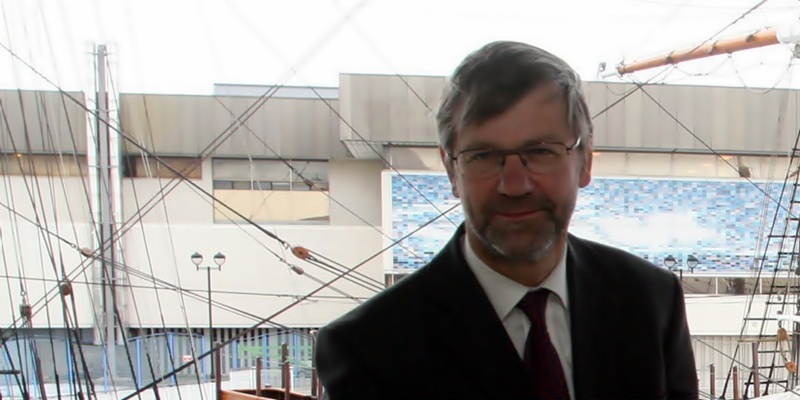Management and students of Dundee University once again found themselves at odds yesterday over the thorny question of how best to pay for higher education.
Professor Peter Downes, university principal, said it would be “quite reasonable” to expect graduates to make a contribution of up to £4000 a year towards the costs of their tuition.
With most of the main parties contesting the Holyrood elections claiming to have found a way to avoid imposing tuition fees, he warned that a funding gap of £200 million a year might emerge between Scottish and English universities once students are charged south of the border.
However, Dundee University Students’ Association (DUSA) quickly hit back, saying the principal’s stance was opposed by the student body and there were other options available to boost funding for the sector.
Acting president Chris Browne also warned of an “exceptional backlash” should the eventual victor in next month’s poll end up reneging on its promise and bringing in some form of student fees.
Dundee University has already found itself playing a leading role in the funding debate, with its student-elected rector, Hollywood actor Brian Cox, publicly announcing he was switching his support from Labour to the SNP precisely because he believed Alex Salmond was best placed to deliver on keeping higher education free for Scottish students.
It has been a similar story at city neighbour Abertay University, where management have come out in favour of some form of graduate contribution and the students’ association defending the current system.BenefitThe latest round in the battle came with Professor Downes saying, “Undergraduate education is not a universal benefit it’s a benefit to about 45% of the school-leaving population.
“But the other areas of the public purse, like the National Health Service, school education and councils, are universal benefits, they benefit everybody irrespective of whether they go to university.
“So that’s why I think graduates contributing in some way would be fair.”
He found it difficult to understand why some political parties were “painting themselves into a corner” by promising free higher education.
“I think it is a promise that will have to be broken if, as I believe, the gap in funding in Scotland versus England is larger than the figure that politicians are currently suggesting it is.
“Under these circumstances, there will be enormous pressure for them to break that promise.”
His stance was welcomed by the Conservatives the only major party to campaign on a policy that graduates should have to pay for their tuition.
Education spokeswoman Liz Smith said, “This is a very welcome intervention from another expert in the field. It is yet another warning that there is a large and serious funding gap that, so far, only the Scottish Conservatives have faced up to.Funding gap”Regardless of what the other parties are trying to make voters believe, the funding gap facing higher education in Scotland is not bridgeable unless a graduate contribution is introduced.”
She added that the SNP and Labour were miscalculating the funding gap by at least £101 million a year.
The DUSA acting president said, “The principal’s comments do not tell the whole story. Tuition fees or a graduate contribution are not the only options in filling the funding gap with England.
“For example, NUS Scotland have noted the higher research funds Scottish universities receive and the potential savings in offering advanced entry degrees for those with previous learning experience.
“I do believe that political parties in Scotland should not make promises they cannot keep on university funding and graduate contributions at this stage in the campaign.
“However, those who have committed to a free university education for Scottish students will experience an exceptional backlash from students should they break their promises once elected.”
Mr Browne said that charging students up to £4000 a year for their education would “penalise a generation of graduates” who were already facing poorer prospects than their predecessors owing to the state of the economy.
He argued that having access to higher education was a right and that no-one should feel they would be unable to fulfil their potential.
“Political parties, students, the public and the rector of this university have come to a consensus on free education and it is time for university principals to get on board and work progressively with us on filling the gap without reducing student places or introducing unfair charges,” Mr Browne said.
